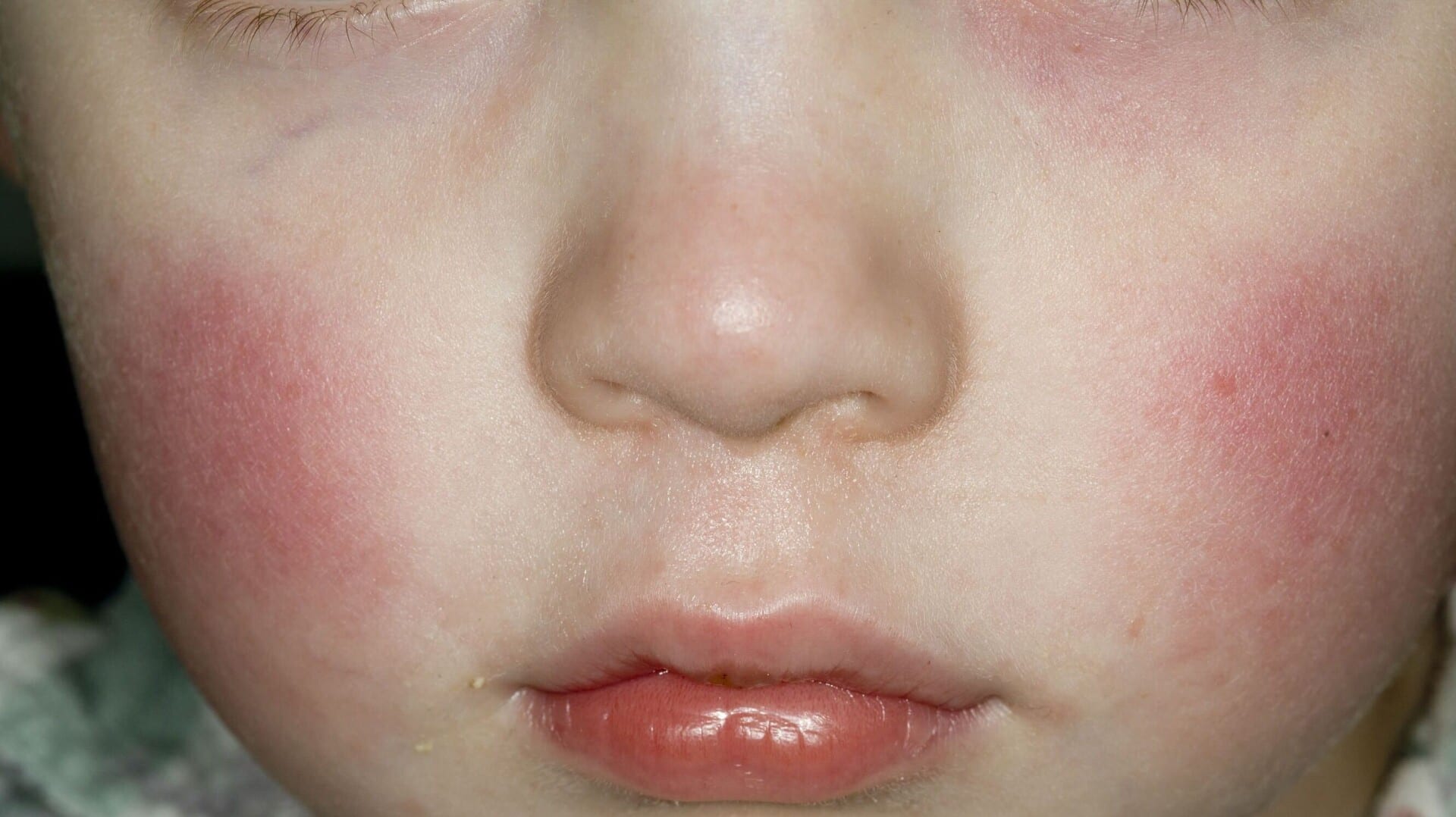
What's the 'slapped cheek' virus that's spreading in the US
What's the story
The health officials in the United States have issued a warning about an increase in infections caused by the respiratory virus, parvovirus B19, also known as the "slapped cheek" virus.
The Centers for Disease Control and Prevention (CDC) has observed a surge in positive antibody tests, particularly among children aged 5-9 years.
This indicates recent exposure to the virus.
The CDC's advisory comes as schools reopen across the country.
Global impact
What is Parvovirus B19
The rise in parvovirus B19 infections is not limited to the US.
Public health authorities from 14 European countries have also reported an unusually high number of cases this year, according to the CDC.
The virus typically emerges during late winter, spring, and early summer with minor outbreaks occurring every three to four years.
Virus transmission
Transmission, symptoms of parvovirus B19
Parvovirus B19 can be transmitted through respiratory droplets, blood, or from an infected mother to her fetus during pregnancy.
It's important to note that this virus is different from the canine parvovirus that affects dogs and cannot be passed between humans and pets.
Most people infected with parvovirus B19 show no symptoms.
However, those who do may experience flu-like symptoms such as fever, headache, cough, or in some cases a facial rash—earning it the nickname "slapped cheek" disease.
Adult symptoms
Parvovirus B19's impact on adults and pregnancy
In adults, the most common symptom of parvovirus B19 infection is joint pain that can last from days to weeks.
Most people recover without treatment unless the virus affects their bloodstream, leading to complications like a severe drop in blood count.
While an infection typically doesn't impact pregnancy or the fetus, rare cases may lead to fetal anemia or miscarriage.
High-risk groups
Threat to people with weakened immune systems
Parvovirus B19 can pose a significant risk to people with weakened immune systems, such as leukemia patients or organ transplant recipients.
It can also be dangerous for those with certain blood disorders like sickle cell disease and thalassemia.
However, most adults have immune protection against this virus.
The CDC states that about 50% of adults have detectable antibodies by age 20 and over 70% by age 40.
Prevention measures
CDC's recommendations
To prevent the spread of parvovirus B19, the CDC recommends practicing good hygiene such as frequent hand-washing and cleaning commonly touched surfaces.
High-risk individuals should inform their doctor if they were exposed to a child with a high fever who later developed a facial rash.
Dr. Kawsar Talaat, an infectious disease expert from Johns Hopkins Bloomberg School of Public Health, advises people not to panic but be aware of those at higher risk.